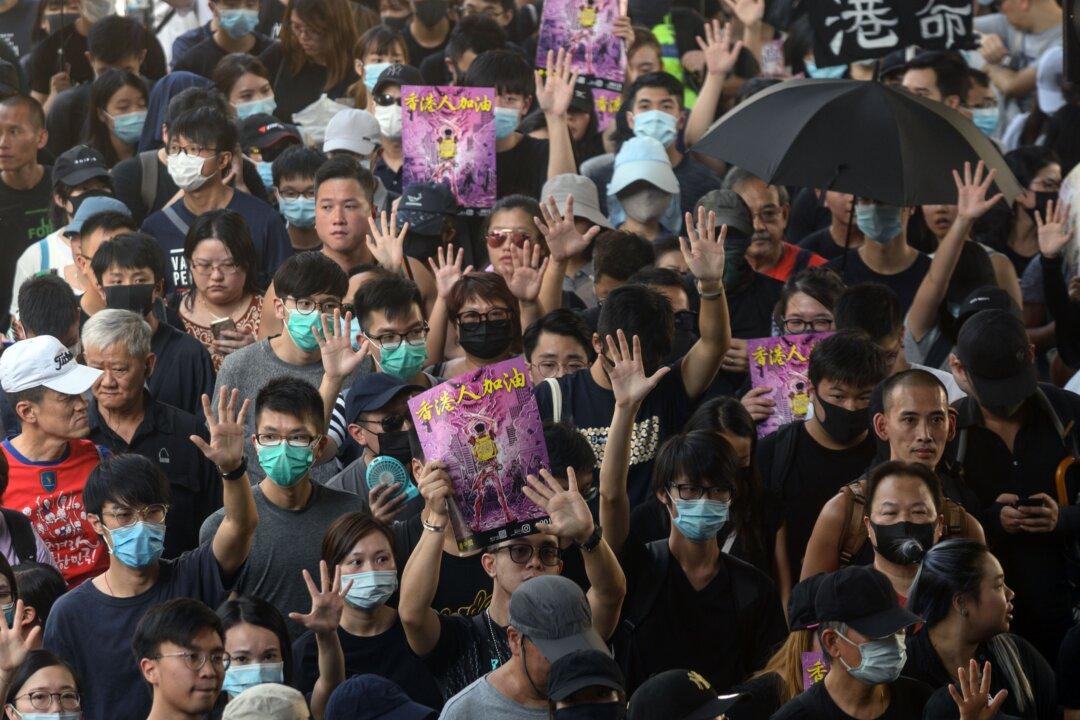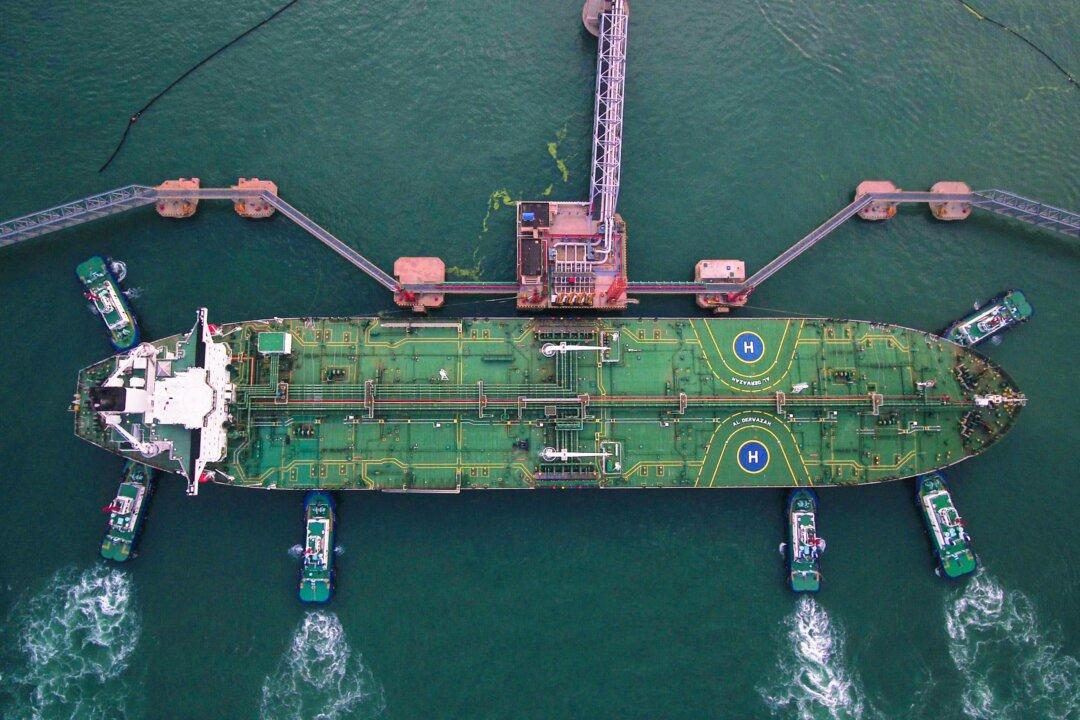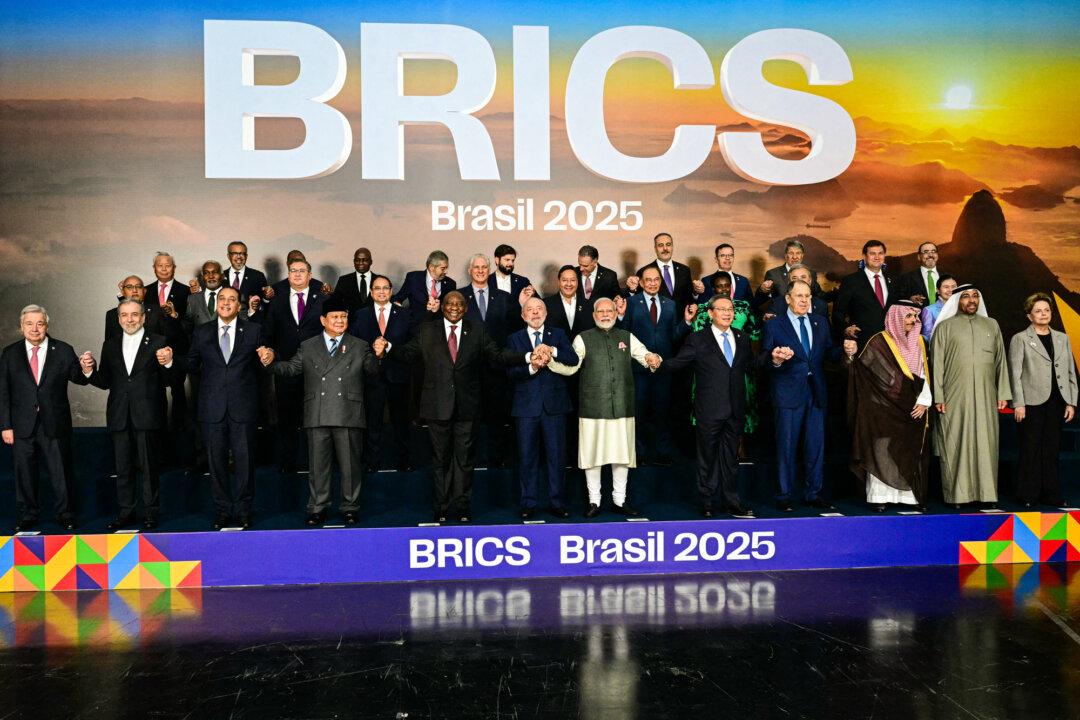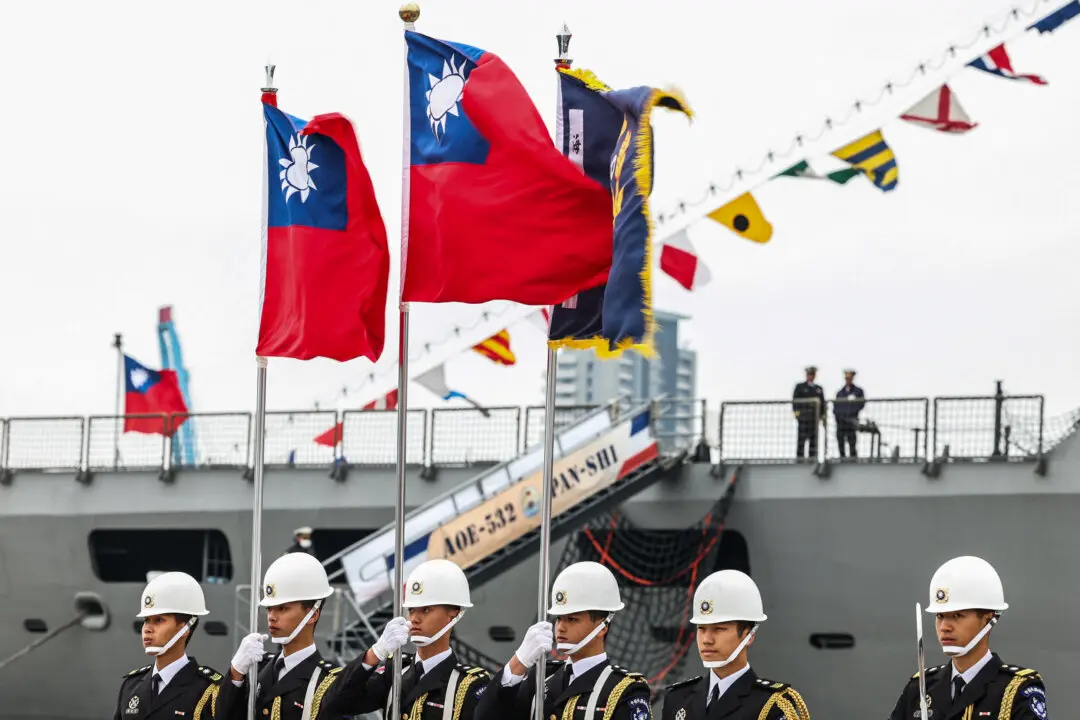Commentary
After almost six months of major disruptions in the China-ruled financial hub of Hong Kong, why hasn’t the Chinese regime crushed the ongoing protests? The People’s Liberation Army (PLA) is garrisoned in Hong Kong and the People’s Armed Police, a paramilitary force, has been positioned in nearby Shenzhen for weeks. Are their so-called “military drills” still in process?





